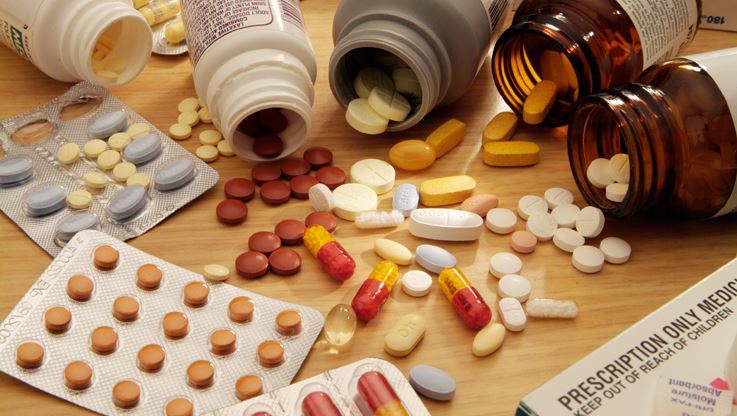Trends
Self Medication: Its Harmful Effects to the Body
While self medication may provide immediate relief, we are unaware that they are not without adverse effects. This is due to the fact that one medicine may behave differently when used with another.

Self-medication (SM) is a practice in which people utilize medications to improve their health without the assistance or advice of medical professionals. SM can take several forms, including taking one or more prescriptions without a doctor’s prescription, using the previous drug in similar settings, using over-the-counter medications, and not following the doctor’s advice.
Self-medication, on the other hand, is far from being a perfectly safe activity, especially in the event of irresponsible self-medication.
Incorrect self-diagnosis, delays in seeking medical advice when needed, infrequent but severe adverse reactions, dangerous drug interactions, incorrect method of administration, incorrect dosage, incorrect choice of therapy, masking of a severe disease, and the risk of dependence and abuse are all potential risks of self-medication.
Self-medication is popular since it is quick and, of course, it saves money on doctor visits. When people eventually have serious health problems, though, their medical costs skyrocket. Self-medication as a habit can permanently harm one’s health, resulting in disability and even death.
The simplest definition of self-medication is the use of medications without a doctor’s prescription. These drugs are sometimes referred to as “over the counter” or “non-prescription,” and can be found in pharmacies, supermarkets, and other retail locations.
People take medications without a doctor’s prescription for a variety of reasons. While some people want to cut down on the time and cost of clinical consultations, others just dismiss ailments and self-medicate. Other considerations could include personal concerns and the fear of losing a job as a result of a diagnosed condition, mental illness, pain alleviation, sadness, or ignorance.
There are a variety of reasons why someone might choose to use substances to self-medicate. However the true reason is unique to each specific situation, there are a few typical factors that are widely accepted.
Reasons for Self-Medication
- Medical care costs, such as doctor visits and drugs
- Fear of seeking therapy because of unfavorable stereotypes
- Concealing or rejecting the existence of a medical condition
- Ineffective drugs used in the past for therapy
- Concerns about pharmaceutical adverse effects
The following are some of the dangers of self-medication:
- Incorrect self-diagnosis;
- Delays in seeking appropriate medical advice and treatment;
- Possibility of adverse effects
- Worsening of the condition the person is attempting to self-treat
- Dangerous drug interactions
- Masking of serious diseases
- Risk of dependence and abuse
Guidelines for Stopping Self-Medication
- Consult a doctor
- Seek aid from others
- Learn from other people’s experiences
- Self-motivation
- Attending a treatment facility
While popping drugs may provide immediate relief, we are unaware that they are not without adverse effects. A patient may be on medicine for a variety of health concerns, and self-medicating might result in negative side effects. This is due to the fact that one medicine may behave differently when used with another. This could potentially result in death. As a result, seeking medical advice is essential.
One of the biggest issues with self-medication is that we don’t know how much to take. As a result, we frequently underestimate its strength, and the less said about its makeup, the better. We have no idea how to take the drug, what its adverse effects are, or how to react to it. In this case, ignorance is not bliss.
Meanwhile, there is another article on Self-Medication: A Way To Harm Or A Chance To Heal. You should definitely check it out.
